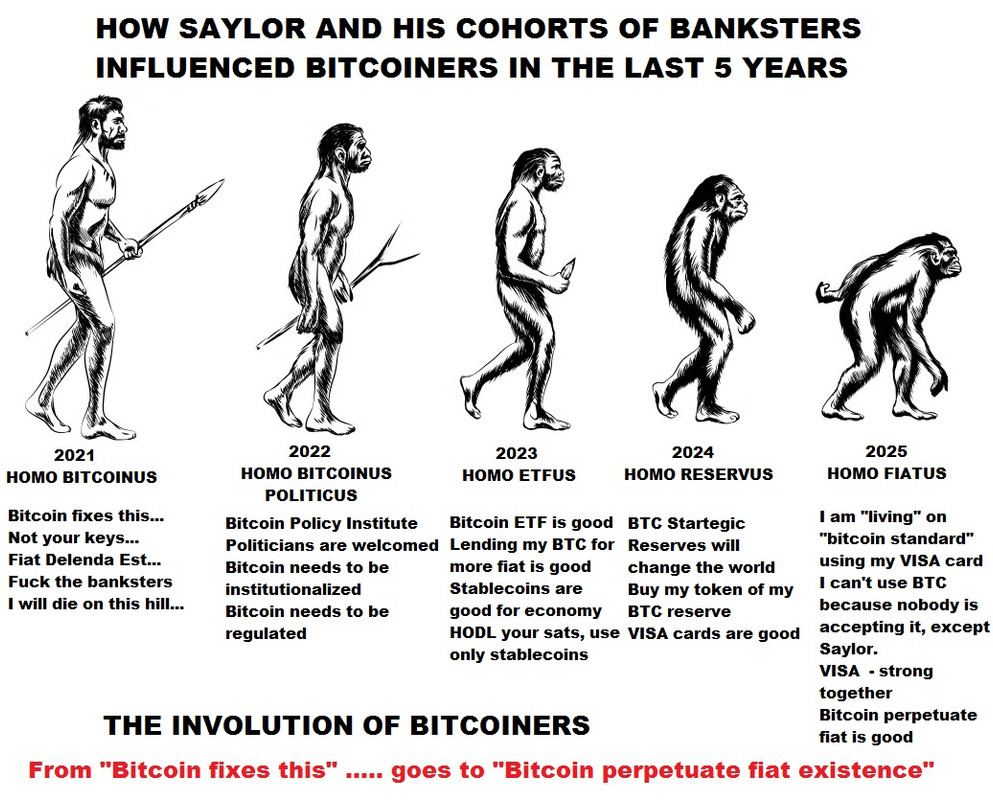A case in point is micropayments. Over coffee and biscuits in London, a more circumspect, even jaded, Berners-Lee now says he regrets that in the early days of the web, no one built a system to enable small, secure payments. Imagine visiting an online news site or streaming service and being able to pay a small fee to read an article or watch a show, with digital tills all linked to a secure online wallet used across the web. That opportunity slipped away long ago, but it would have made today’s web a very different place.
Long Ago?
“We looked [at micropayments] early on,” Berners-Lee says, insisting that nothing worked. Besides, he says, if he’d tried charging early users, the web “wouldn’t have taken off.” He wanted to have as big an impact as possible.
Instead businesses gravitated toward advertising. That allowed content to be shown for free, but it also created click-driven incentives that led to exaggeration, misinformation and toxic content. A handful of companies came to dominate this new economy, and more than three decades later, “surfing the web” largely means spending time on sites owned by Meta, Alphabet Inc.’s Google and Amazon.com Inc.
Never heard of Stacker News then...
Berners-Lee preferred to avoid too much structure, noting that his father would tell him chaos was a symptom of real life. “You have to be able to capture chaos,” Berners-Lee tells me. “You can’t have a system which is very rigid and can only capture tables and things with rows and columns.”
Chaos. Ya we got plenty of that.
Ultimately, though, the web needed a smarter financial structure to ensure fairness. In a parallel universe somewhere, Berners-Lee probably did manage to set up micropayments for the web, and the people living in that universe are better for it.
Meanwhile we're here using actual micropayments to facilitate, send and receive value and improve trust (which is the purpose of money anyway if you think about it).
So I have some thoughts...
Doesn't Bloomberg the by-profession money people know Lightning exists? Doesn't "pay-to-post" fix this and drive value, reduce the necessity of Advertising and return the internet to the People & its Users?
Furthermore, Lightning has been usable since 2020 although it is vastly more user-friendly today... so why doesn't Bloomberg pick up on this? Why don't they mention Lightning 'for the Micropayments'? They don't, at all.
What the heck is going on here?
In the end, money was the critical architecture that underpinned the web. From targeted ads to the infinite scroll, its most successful revenue models have led to dependency and promoted outrage.
The age of AI threatens to replay the same hits. Tech leaders like Altman and Google DeepMind Chief Executive Officer Demis Hassabis often wax vaguely about a utopian future in which so-called artificial general intelligence cures cancer, ends climate change and solves all manner of intractable human problems. Those promises sound much like the “new era of human creativity” that the starry-eyed Berners-Lee talked excitedly about when he was building the web at CERN. But they’ll ring hollow if OpenAI, Google and others fund their AI services with ads. ChatGPT and Sora certainly look primed to go in that direction.
I've never seen any 'ads' on Stacker News. It's entirely poster-and-commenter funded, user-driven with Micropayments. Isn't that what the 'subject matter experts' in the article say they want?
Clegg and Berners-Lee have much to share. But it’s worth listening to newer, radical voices addressing the economic power imbalance of the web. Some are building alternative business models at scale: Substack and Patreon have shown that direct payment between creators and audiences can support thousands of writers without advertising; Wikipedia shows that nonprofit models can still operate one of the world’s most visited sites.
Bloomberg sounds like a bunch of Bitcoiners... of course without the Bitcoin which is crazy. "Direct payment between creators and audiences" sounds like Lightning to me.
“Younger people forget what the early web used to be,” Graber says. “You could customize MySpace, websites, and you could have a blog.” Now just a few large companies determine everything you see online, she adds. “That’s what makes it hard to build.”
No mention of Nostr (or Lightning for that matter). Aren't these people supposed to be the experts?
The only real conclusions I can draw from this article and many others is that we are incredibly early to Bitcoin, the value-4-value revolution on the Web. It will take time... but I believe that eventually we get to the point where Lightning-based Micropayments dominate the internet and revolutionize value-creation across wide swaths of online-content.
The Bloomberg and also CNBC crowd, far beyond parroting the same-old-same-old boring talking points about the Stocks being 'up' and 'down'... have no idea of the value-based revolution that's brewing under the surface.
I use Lightning every day, overall it works really well including non-custodially and it's time people joined the Bitcoin revolution.

